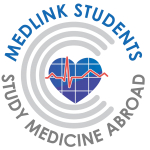
Located in: Italy
















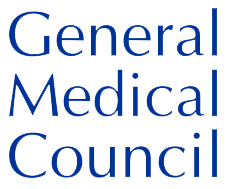





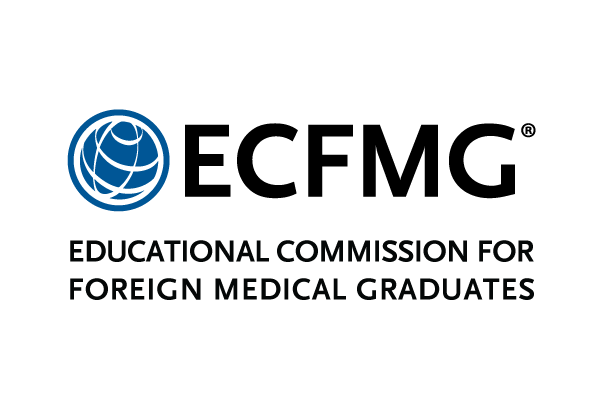



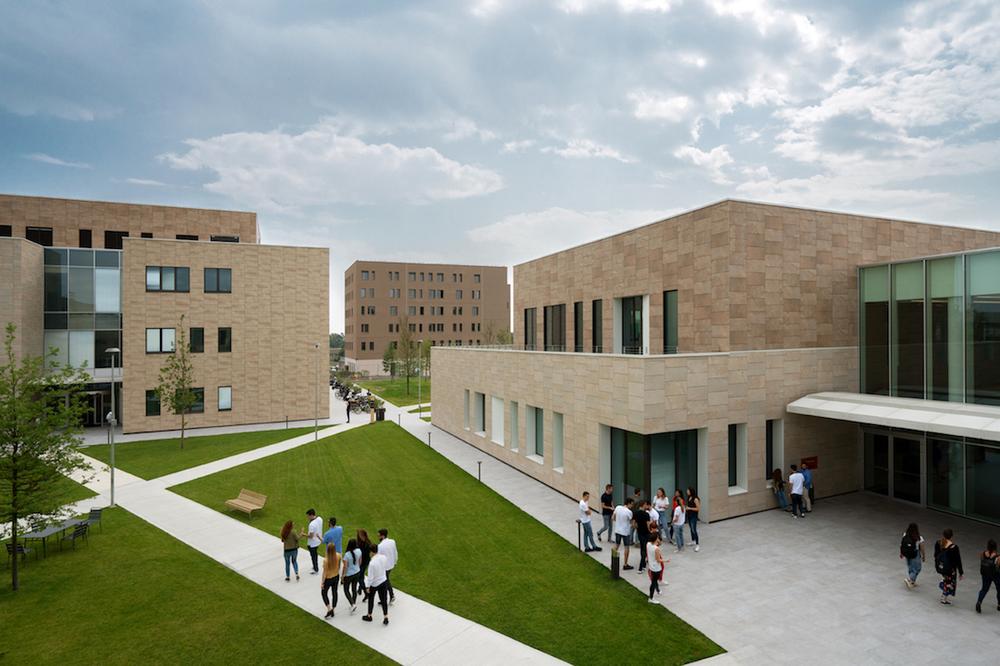

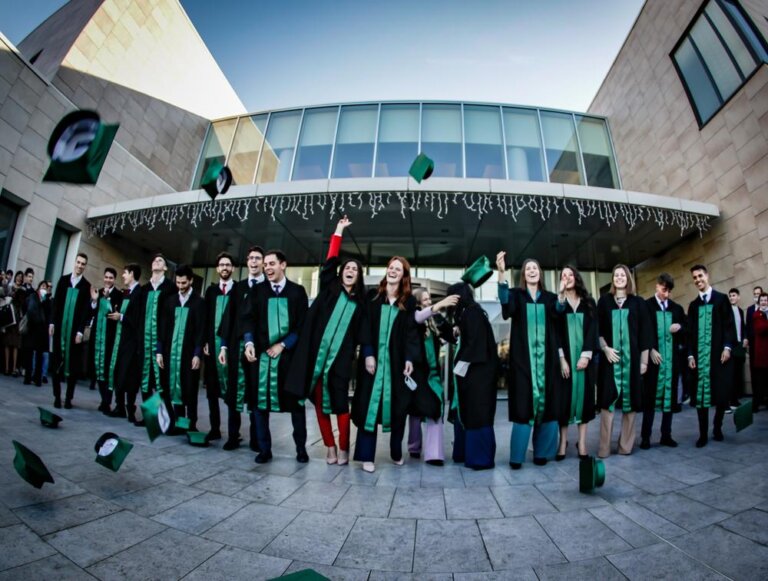

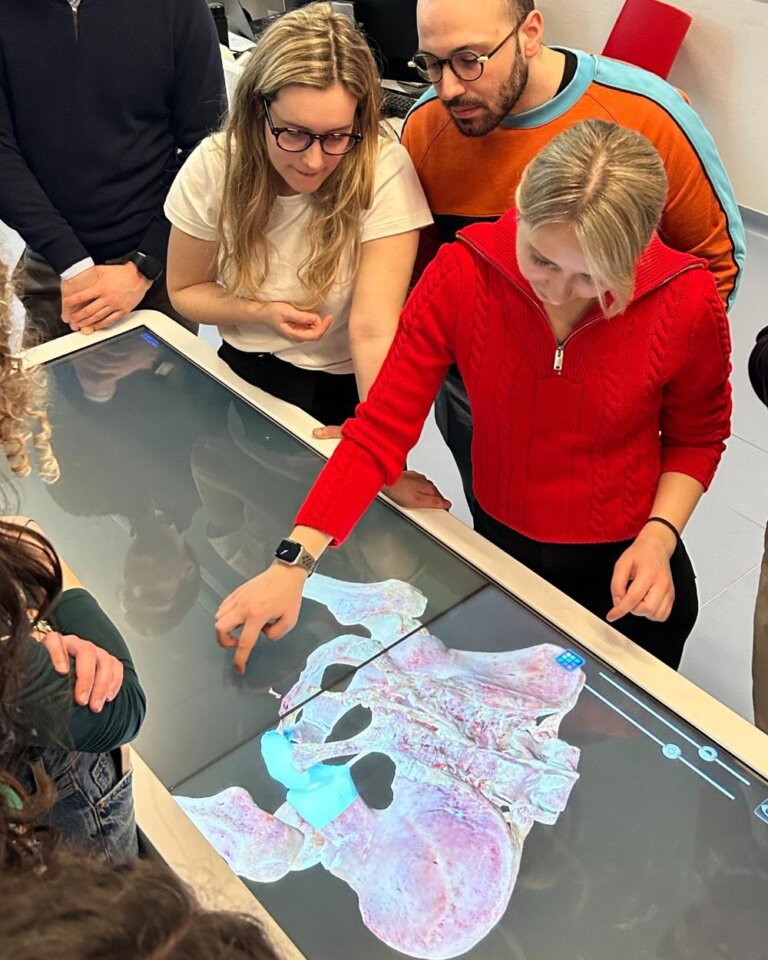

Humanitas University is located in the municipality of Rozzano in Milan – the second largest city in Italy, with a population of over 1,390,000 people. The university was founded and legally recognised on 20 June 2014, and since then, it was also going by the name of Hunimed. The university is private and entirely dedicated to the life sciences.
The university’s main goals are personal growth and training of the students and starting their research and clinical careers all around the world. Hunimed offers its students undergraduate and postgraduate studies with Medical Specialty Schools, master's degrees, advanced training programmes and PhDs.
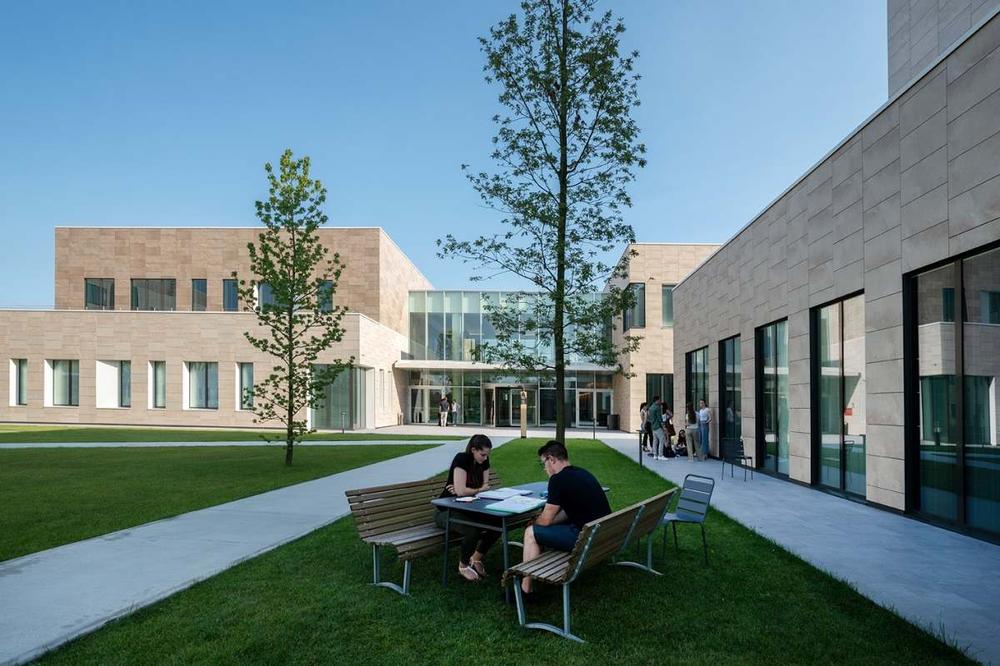

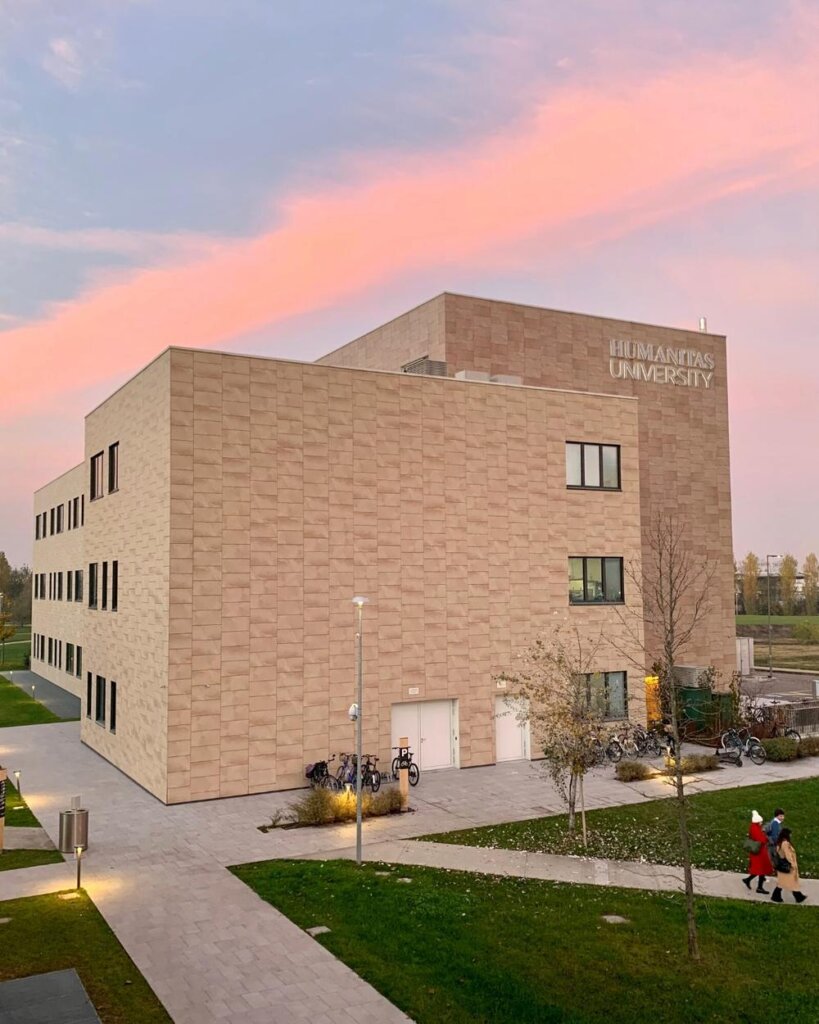

Humanitas University’s course is well-balanced between theory and practice to support your personal and professional growth. The programme helps with developing critical, autonomous thinking and problem-solving skills.
Humanitas University transfers are possible and accepted, but the university does not offer graduate-entry in medicine.
Nowadays, Humanitas is like a second home to over 2000 undergraduate and postgraduate students. The MD course in Medicine and Surgery is taught in English and accepts around 150 students per year from all around the world.
The university is located at Via Rita Levi Montalcini, 20090 Pieve Emanuele MI, Italy.
The research projects at Humanitas University focus on five main fields of study: cardiology, oncology, neurosciences, gastrointestinal pathophysiology, and inflammation and immunity. The research centre is fully integrated with the hospital, and participating students find it convenient to perform research and clinical hours in practically the same place.
Students can arrange to do carry out their clinical placements in hospitals internationally, as along as they discuss and plan with their tutors. If approved students can also apply for a grant to support their experiences.
Additionally, students at Humanitas University have a variety of opportunities to do clinical experiences or observerships abroad:
In Hunimed, you have the opportunity to study medicine in English in a 6-year course and an intensive 6-day preparatory course. The tuition fees are:
Applicants are qualified based on their high school diplomas, generally by their biology and chemistry grades. They must also sit the HUMAT test, a simpler version of the IMAT.
The HUMAT consists of 60 multi-choice questions with 4 response options and a maximum time of 120 minutes.
It is composed of 2 sections: scientific thinking and academic literacy/critical thinking. Each section has 30 questions. The first part will test your mathematical, procedural, and visual thinking, while the second will test your analytical thinking and logical reasoning.
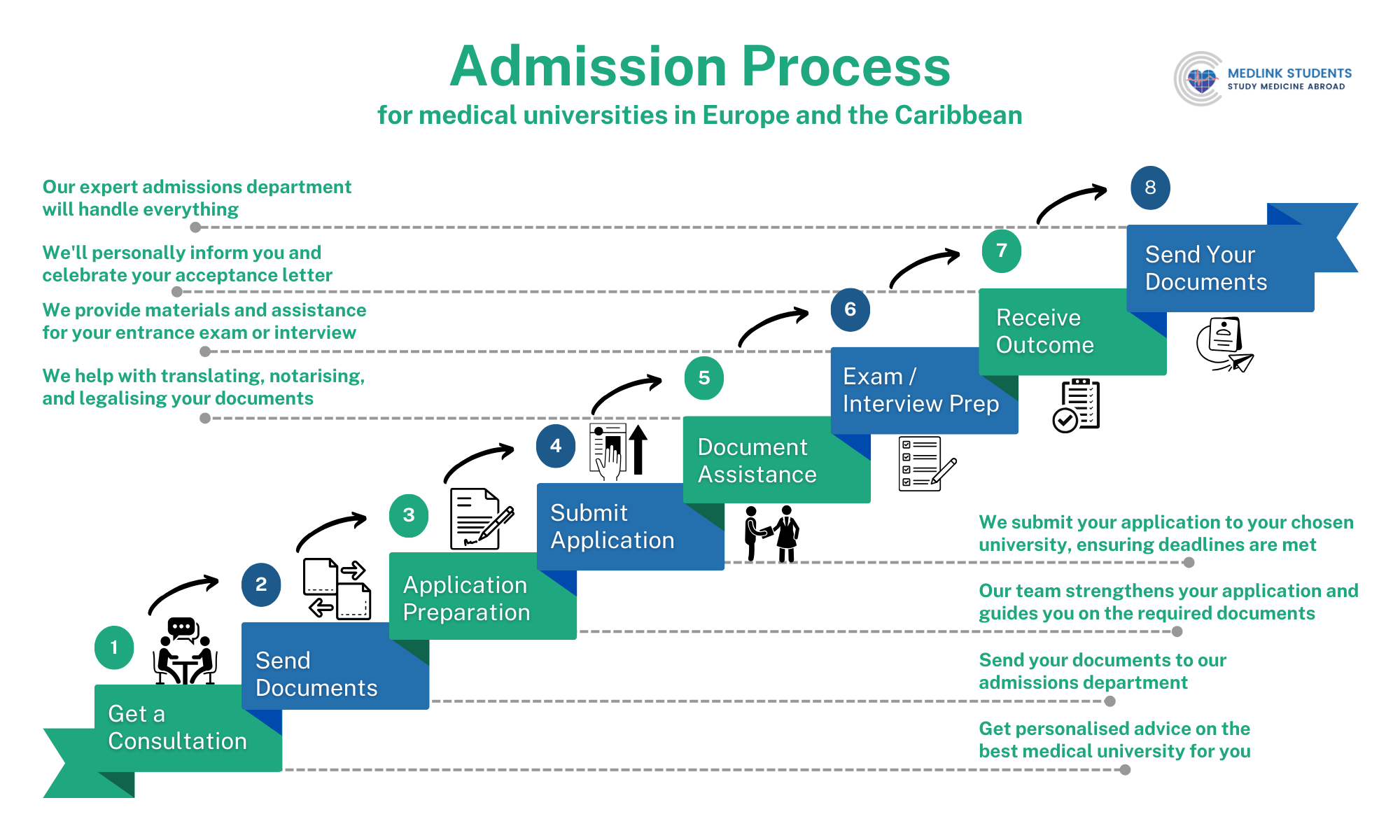

If you're ready to apply to the Humanitas University Milan, be prepared for a challenging application process. The university has a comprehensive list of requirements and legal procedures that must be followed, or your application will get rejected. This includes the submission of specific documents that require translation, notarisation, and official legalisation. But there's no need to worry; we’ve got your back. Our team of admissions experts, widely acknowledged as some of the best in Europe, can handle your entire application process from beginning to end, including all the legal complexities. We have established a strong collaboration with this esteemed university and possess a deep understanding of their application process. Furthermore, we'll provide you with exceptional study materials to help you excel in the entrance exams. With our support, we can guarantee your acceptance to the Humanitas University Milan. You can sidestep the confusing aspects of applying to an international med school on your own and focus on what's most important – preparing for the entrance exam and your future in medicine.
We can take care of all the paperwork and intricacies involved in applying to Humanitas University, from starting your application to the day you set foot on campus, and beyond. Additionally, we can provide assistance with Humanitas transfers, if you would like to continue your studies at this prestigious medical school.


Needless to say, Humanitas University is recognised by the World Health Organisation and is listed in the World Directory of Medical Schools. It is also accredited by the medical councils of the UK, Ireland, the US, Canada, Australia, and other countries around the world. Being a Humanitas student gives you a chance to participate in the medical residency programmes in the countries mentioned above.
A degree from Hunimed and from most Italian medical schools allows you to practise medicine anywhere in the world.
Humanitas University offers you its own campus. It has every kind of domestic service you will ever need.
By living on the Humanitas campus, you have full access to the following communal areas:
The campus has 240 beds distributed in single and double fully furnished rooms. Every room has a shared living room with a kitchen and a private bathroom.
Also, you can take advantage of the reduction in fees according to income and merit.
If you are still hesitating to live on the campus, here are some more reasons to choose it.
You get weekly cleaning of the rooms and common spaces as well as changing of sheets and towels. Furthermore, you will live next to the university, library, study rooms, and other amenities.
In other words, living on the campus will ensure you the cosiness of home and experience, just like in a five-star hotel.
If you still choose not to live on the campus, your living costs will be between - , based on your needs (rent not included). You can rent a single-bedroom apartment in Milan for - per month, depending on how close you are to the city centre. Medlink Students will help you find the best accommodation according to your needs and budget.
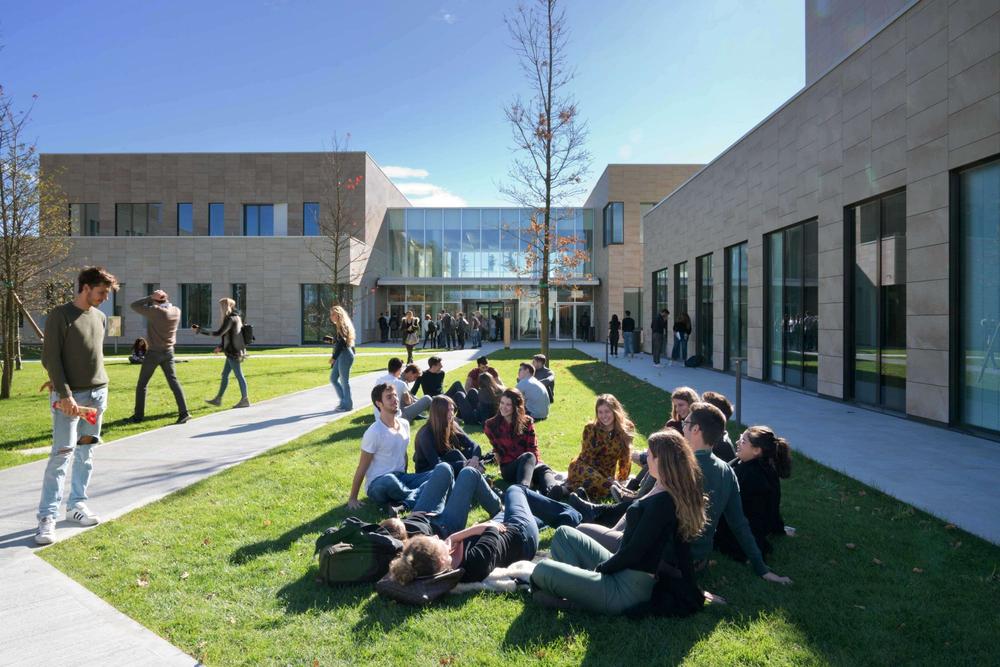

To describe life in Milan is inevitably a futile task that would only rob the city of its many riches. Nonetheless, Milan could afford a robbery since it is the wealthiest city in Italy and one of the richest in Europe. After all, it was once the capital of the Western Roman Empire, and through its millennial history, it was a jewel on the maps of many empires.
The city is full of grandiose landmarks and a week wouldn’t be enough to visit them properly. For example, Milan’s Cathedral is the largest Gothic cathedral in the world. In addition, the city is full of majestic palaces, such as Sforza Castle, the Royal Palace of Milan, and the Royal Villa of Milan.
In a cultural sense, Milan is a spectacular location beyond doubt. The signature opera house La Scala and the art gallery Pinacoteca di Brera are experiences that could nourish any taste. However, the city holds many more galleries, operas, theatres, and museums.
In addition, there are AC Milan and Inter Milan. Football fans can visit the local matches of Italian Serie A. Furthermore, the teams frequently play in international tournaments such as the Champions League.
And when the trappings of civilization become too much, aspiring doctors can explore the local parks and gardens. Just don’t expect them to be anything less than works of art. After all, Milan is a way of living.
In the vibrant city of Milan, diversity and inclusion are woven into the very fabric of its existence. A beacon for students from across the globe, Humanitas University stands as a champion of the unique needs of its multicultural community.
Embracing students from diverse ethnicities, religions, and cultures, the university creates an environment that nurtures understanding and acceptance. The cityscape is adorned with mosques, churches, and synagogues, each representing a sacred space that unifies people of different faiths.
Delightful culinary experiences await, with a multitude of vegan, kosher, and halal restaurants offering a taste of diverse traditions.
Italian culture epitomizes safety and respect, ensuring the well-being of all students, including hijabi women. United on campus and throughout the city, the faculty of medicine fosters an inclusive and welcoming atmosphere, celebrating the beautiful tapestry of diversity and embracing the richness of cultural backgrounds.
The Autumn/Winter semester begins in the middle of October and lasts until the middle of January next year. The examination session is in February.
The Spring semester starts at the beginning of March and lasts until the end of May. The examination session is from the middle of June until the end of July.










Yes, Humanitas Medical University is an Italian private university.
Currently, the university doesn't offer an accelerated medicine route.
Yes, all degrees are globally recognised. The World Health Organisation recognises it through its World Directory of Medical Schools. In addition, the UK General Medical Council also recognises the university.
Yes. The university welcomes student transfers.
The university is located in Milan, Italy. The city is the centre of Lombardy, the richest region in the country. The university’s address is Via Rita Levi Montalcini, 20090 Pieve Emanuele MI, Italy
For non-EU applicants the tuition fee is per year. For EU citizens, the cost depends on family income.
Yes. There is a medical programme taught in English.
Yes. Between 2022 and 2024, the university has over 40 graduates registered with the UK General Medical Council.
Yes. Applicants should sit for the HUMAT, a simpler version of the IMAT exam. The test consists of 60 multiple choice questions that evaluate scientific knowledge and critical thinking.
The university requires a secondary school diploma. The Biology and Chemistry grades form the evaluation score of the applicant. In addition, they should sit for the HUMAT exam.
The Autumn semester begins in mid-October.
The application deadline for the Autumn semester is on February. Students should register for the exam and pay the registration fee by that date.
*Don't Forget: Program intakes change. Talk to your advisor.
Humanitas University is entirely dedicated to life sciences, and students here have access to specialists from all healthcare fields. In addition, the school has its own research centre fully integrated with the hospital, and students can run research and clinical hours in the same building. Last but not least, Milan is a source of education by itself.
The HUMAT exam is considered easier than the IMAT. The secondary school grade requirements are also comparatively less prohibitive. These reasons make the process of getting into Humanitas University easy if you are well-prepared, and we will ensure that.